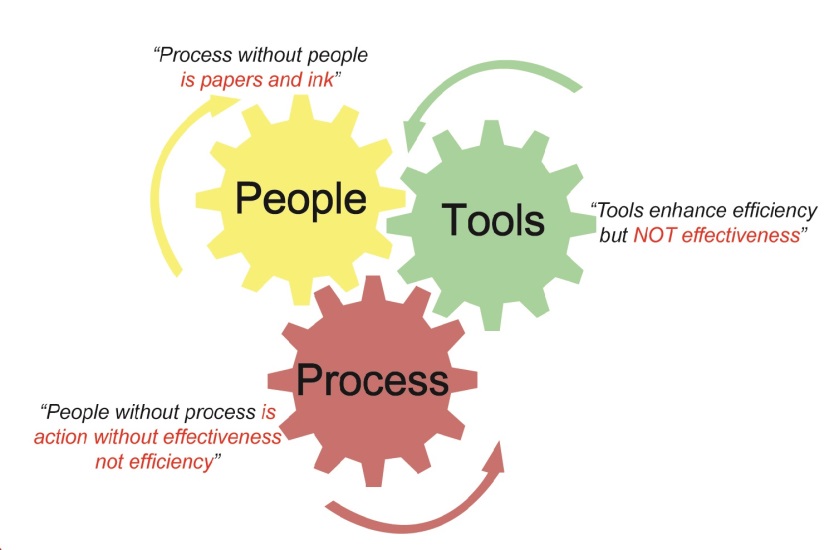The view is that individuals have been driving the demand for certification and project management training as an opportunity for career growth, and this has helped leading certifications to be highly popular. As a result, corporate clients have started demanding the same of their employees or at least encouraging them to obtain a professional credential.
Further, some service providers push for certifications because their clients demand it. The following quotation is an example of this case: “The number of certified project managers inside the company is growing … because clients want them on their projects.” Steve DelGrosso, IBM Project Management Center of Excellence; CIO Magazine, 20 January 2010
All of this is good news – partially!
Why is this partially good news?
The common reality is that even when some organizations support or pay a sizable amount of money for general project management and certification training, their internal project management processes are either weak, do not exist, or are not in line with a formalized organizational system and framework. In other words, the organization spends on training but do not invest in a project management system and methodology. The outcome: In some cases, project management certificates’ holders could not apply what they learn on the job, or could not influence a change, and – here we go again – another lost opportunity.
This dialogue with a client’s executive, will add to this point.
- Mounir: You have invested a great deal in PMP training, why and how is that working for you?
- Client: Yes, one of the reason for our investment is for our people to speak the same language
- Mounir: Great, but do not you think that now those you provided with generic PMP training speaks the same language but it is not the same language with the rest of the organization?
- Client (reflecting): Yes, you are absolutely right
This over simplified and over summarized dialogue is representative of a common situation. Just a few days ago, we had the same discussion with a learning and development manager in another company. We had the same reaction. The same thing with another executive from another company – they had invested in PMP training but only 1 out of 20 candidates pursued the certification. Reflecting back, they would have rather had a practical project management learning program and if anyone is interested in a PMP they can pursue it later.
Organizations and executives are not realizing that investing in generic project management training without linking to organizational processes is not adding as much value as expected.
 What we need is to institutionalize project management.
What we need is to institutionalize project management.
It is essential to establish, or fix, the project management organizational system along with developing people. A project management organizational solution will include training and certification but cannot be limited to training and certification!
The author believes that Project management ‘processes without people’ is papers and ink; ‘people without processes is action without effectiveness.”
